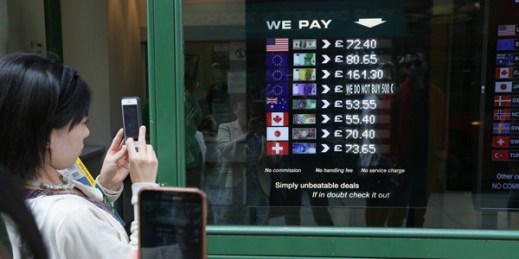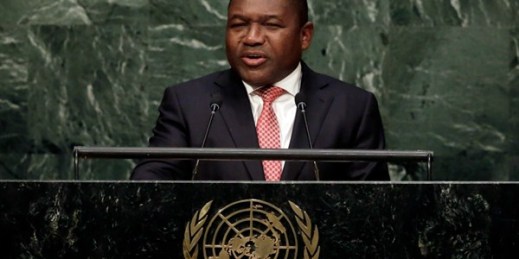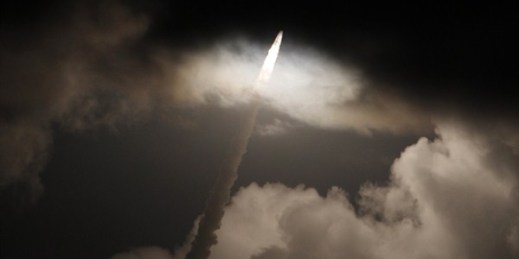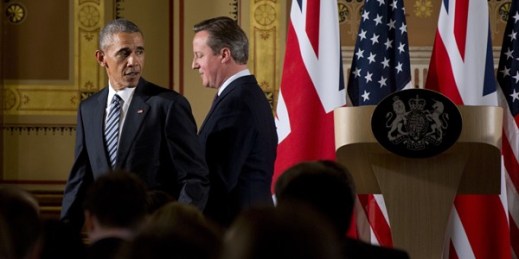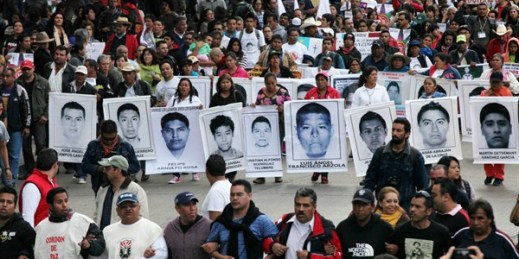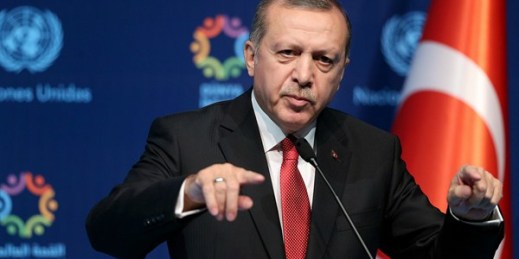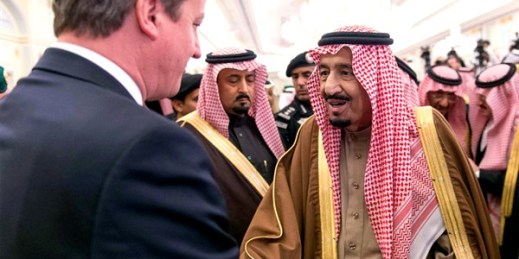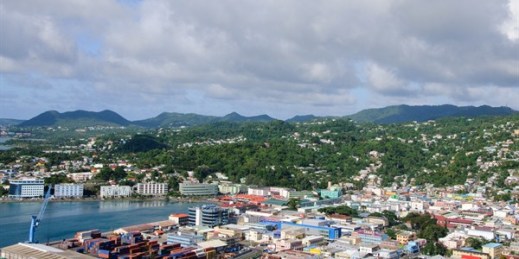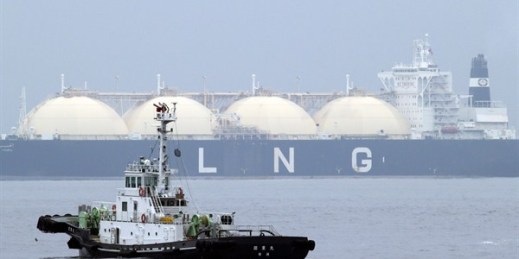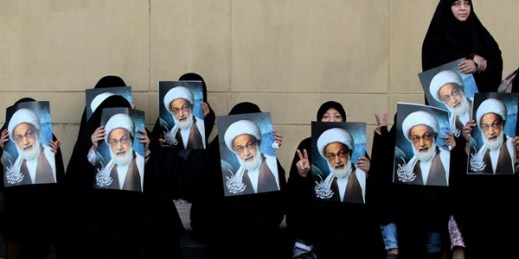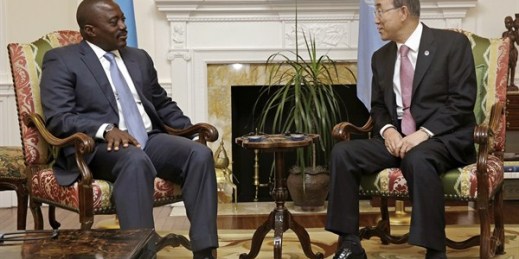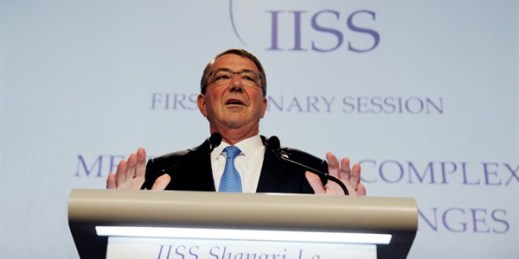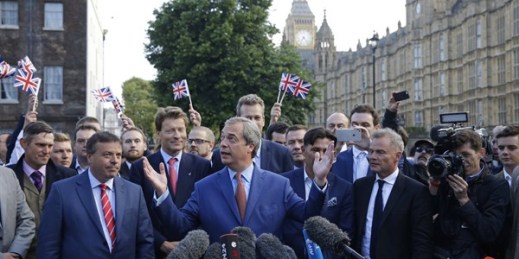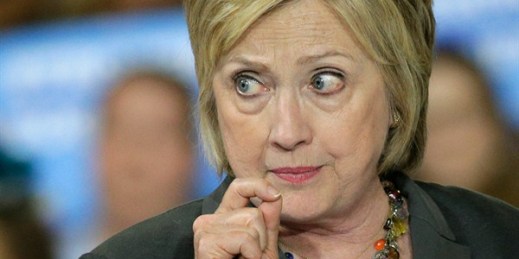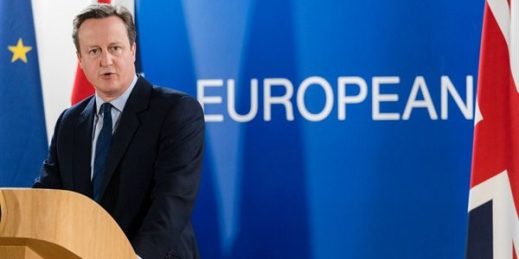
In the months and weeks preceding the British referendum on its European Union membership, speculation abounded over the potential implications of a U.K. withdrawal from the bloc. Once Britons voted to leave last week, global markets took a hit, as did the EU’s aspirations for further political integration. World Politics Review’s 10-article compilation helps trace what led up to the historic vote, and considers its potential implications for the U.K., the European Union and beyond. The Road to Brexit U.K.’s Cameron Pursues Risky Strategy for EU Reform In 2013, British Prime Minister David Cameron—who is now set to resign in […]


